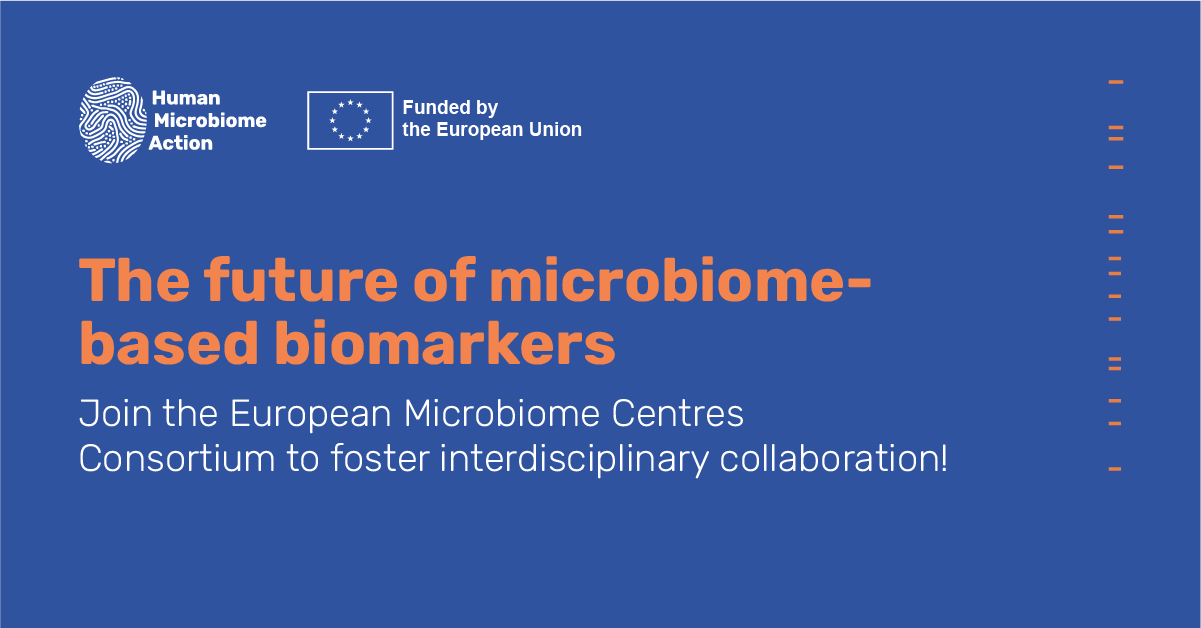The Future of Microbiome-Based Biomarkers: Human Microbiome Action announces publication in The Lancet Microbe
Last Updated : 05 September 2024[Brussels, 5th September 2024] –The EU-funded Human Microbiome Action consortium conducted a Delphi survey, coordinated by the Pharmabiotic Research Institute (PRI), to establish a consensus on the needs, challenges and limitations in qualifying microbiome-based biomarkers. The study, published in The Lancet Microbe, highlights a strong confidence among experts in the potential of microbiome-based biomarkers, yet underscores the critical barrier posed by the lack of validated analytical methods. To overcome this, the implementation of international standards and reference materials in analytical processes is crucial.
Importance of the study
Biomarkers are pivotal in healthcare and medical research. They can be used to diagnose diseases, track disease progression, predict risks, and potentially predict treatment responders. In the field of human microbiomes, hundreds of potential biomarkers are discovered each year, but only a few proceed with qualification or clinical implementation.
“This paper should serve as a foundation to define future collaborative efforts needed to foster the emergence of microbiome-based biomarkers and promoting the application of microbiome science in clinical practice and personalized medicine," explains Céline Druart, Executive Director of the PRI
Key findings
Recommendations to overcome challenges based on a robust Delphi survey asking 93 experts from 21 countries:
- Raise awareness about microbiome-based biomarkers
- Promote awareness and adoption of standards and reference materials
- Foster interdisciplinary dialogue and collaborative projects
- Align R&D with clinical expectations for translation into clinical practice
Embracing a Unified Approach
The Human Microbiome Action project, guided by insights from a comprehensive Delphi survey, promotes a unified approach, extending an open invitation to join the European Microbiome Centres Consortium (EMCC) to foster interdisciplinary collaboration and advance microbiome research.
"We anticipated the creation of the EMCC as a means to secure the sustainability of the results of the project, as well as a forum open to collaborate on microbiome-based preventive and therapeutic strategies," said Joël Doré, Coordinator of the Human Microbiome Action project.
The concerted effort of academia, industry, regulatory bodies, and policymakers is vital for translating microbiome research into clinical applications, thereby enhancing health diagnostics and treatments globally.

ENDS
Background
Human Microbiome Action is an EU-funded Horizon 2020 project aimed at creating coherence and harmony in the way human microbiome research is and will be performed. The project has lasted for 3 years (2021-2024) and has been coordinated by France’s National Research Institute for Agriculture, Food and Environment (INRAE).
The Pharmabiotic Research Institute (PRI) is the European Microbiome Regulatory Science center and represents over 80 industry and academic microbiome-focused organisations, globally. Its purpose is to support the development of innovative products emerging from microbiome science, by bridging stakeholders in industry, academia, and EU regulatory representatives.
The European Microbiome Centres Consortium (EMCC) is a network of institutions that has been created as a legacy of the EU-funded Human Microbiome Action project to foster innovative translational developments, potentially transforming preventive nutrition and healthcare, and to influence regulatory frameworks in Europe, advocating for the acknowledgement of scientific consensus and requirements in the field of microbiome research.
Contacts
For media inquiries and further information, please contact:
Human Microbiome Action: Stephan Kampshoff - comms@humanmicrobiomeaction.eu
PRI: Céline Druart - contact@pharmabiotic.org